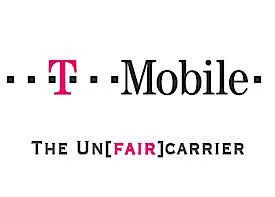Net neutrality advocate claims T-Mobile violates net neutrality rules

Noted net neutrality advocate Marvin Ammori believes T-Mobile’s Binge On plan violates net neutrality. Binge On not only exempts certain video from data caps -- it also “throttles,” or reduces the quality of users’ service.
Ammori explains:
[W]hen it introduced Binge On, T-Mobile also decided to reduce the technical quality of (or “throttle”) all video on its network for subscribers within all data plans. Specifically, while an app like YouTube may send HD-quality streams, T-Mobile is reducing the stream to DVD quality—a quality also known as “not HD.” T-Mobile throttles this video whether or not the video provider is a Binge On data partner, and it does so for every user except those who specifically opt-out online or through a call.
Degrading video quality this way violates the FCC’s no-throttling part of the net neutrality rule, which forbids reducing the quality of an application or an entire class of applications. […]
As a purely legal matter, T-Mobile cannot easily defend its actions by arguing that this discrimination is good for its users. The FCC has already rejected that argument in advance by adopting a “bright-line” rule for all technical forms of discrimination absent some special technical justification. After hearing from millions of Americans throughout 2014, the FCC decided earlier this year that “the record overwhelmingly supports adopting rules and demonstrates that three specific practices invariably harm the open Internet,” and named one of them throttling.
Read the entire piece at Slatehere.
T-Mobile is likely violating Net Neutrality (Slate, Dec. 2015)
Are zero-rating video plans pro-consumer or do they violate net neutrality? (Speed Matters, Nov. 24, 2015)
CWA members oppose AT&T’s attempts to stop serving rural and low-income communities in California
CWA urges FCC to deny industry attempts to loosen pole attachment standards
CWA District 6 reaches agreement with AT&T Mobility



